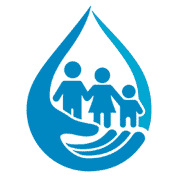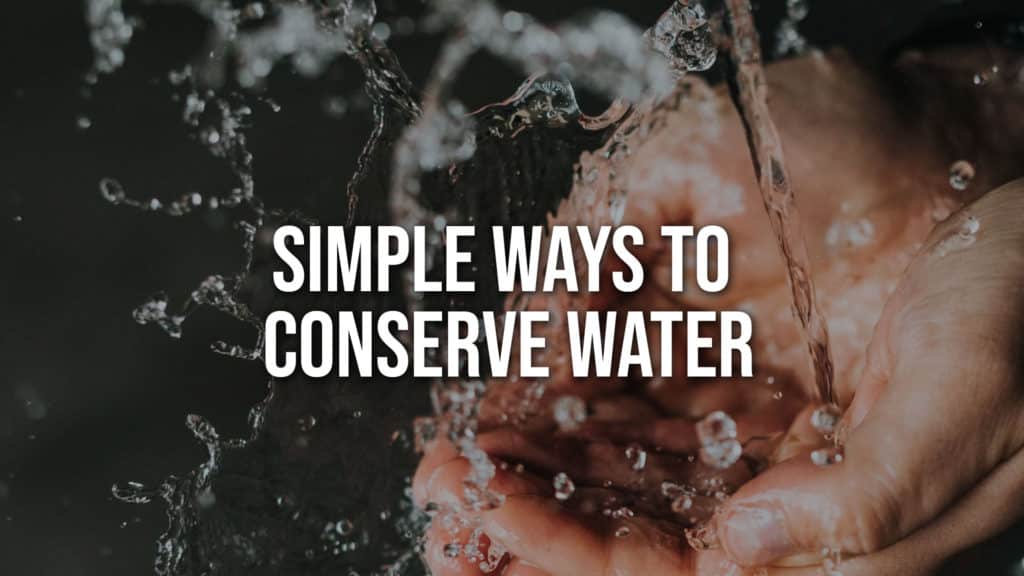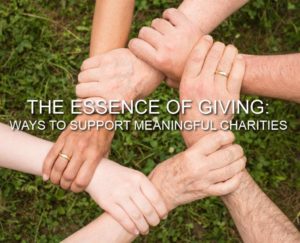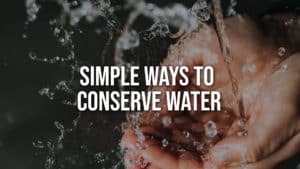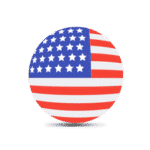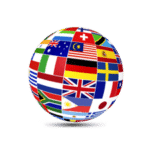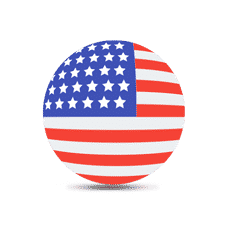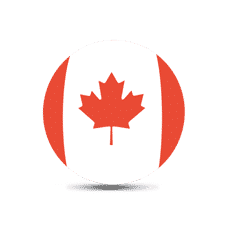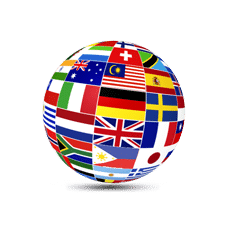Water is vital to the preservation of life and yet is a finite commodity. Of all the water on earth, fresh water is only 3%, and the rest is salt water, not appropriate for human use. If not adequately conserved, the world will suffer from water shortages in the future. Threatened by a multitude of forces, such as pollution and overdevelopment, fresh water is most likely to end up in two converging phenomena—an increase in water use and depletion of water. Alleviating this impending scarcity will require our responsibilities as humans. We should find ways on how we can save water promptly and willingly. Antalya escort
Many areas already have no access to safe drinking water and sanitation. Fortunately, organizations like Clean Water International paves their way, providing clean water and ensuring basic water, sanitation, and hygiene education to communities. They work with various communities, partner organizations, and donors to implement proper solutions. Striving to help as many children, families, and schools, clean water and sanitation programs by Clean Water International offers top-of-the-line products and technologies.
In our own little ways, we can also help lower the possibility of water scarcity. Here are some ways on how we can still provide water in an accessible manner to the next generations:
Pay Attention to Leaky Taps
Checking for water leaks in the house will save many litters of water from going to waste. One handy tip to successfully do it is by looking into your meter an hour or two before and after no water runs. If you see that the reading meter moved, it means that leakage is occurring somewhere. Make sure to get it fixed by a professional. Make this a habit once every two weeks to make sure that your water system is safe from leakage.
Take Quick Showers
Quick showers do not only allow you more time but also save water. Imagine the gallons of water you can save if you cut your shower time five minutes less. The gallons used in an average shower would take whopping 10 gallons. One of the ways to have shorter showers is to create a playlist. Showering with some upbeat songs is fun and can be used as your timer as well. Make sure that the playlist only runs for fewer than eight minutes. Stick to this every single time, and you can surely get used to it.
Use Low Flush Toilets
This is your sign to switch to a low flush toilet and cut down water consumption by 30%. Compared to a full-flush toilet, this one is specially designed to use less water but still clean your toilet significantly with the use of pressure. With this, you can save money on water costs and be kinder to the environment at the same time. Converting your full-flush toilet to a low-flush can also increase the resale value of your home as it is highly in demand for newly constructed homes.
Water Plant If Needed
If it is the rainy season, the rain already did the watering for you. It provides an ample supply of water to the plants. So, even when the rain has stopped, you should still check if your outdoor plants need water. Stop watering them out of habit. Furthermore, overwatering your plants will only destroy them. Cut down water wastage by also making it a habit to water your plants in the mornings since less water is lost due to evaporation, which means less water is needed.
Save Electricity
If you did not know, power plants would use a large amount of water to function. Hence, reducing your electricity usage will take some burden off of these powerplants. This indirectly bestows advantage to the global water conservation movement. This is also a great way to help reduce air pollution that is caused by power plants. So, when not needed or when not in use, make sure to turn off your fans and lights.
These simple water-saving measures can greatly impact the environment and water demand in the communities. Even enforcing water restrictions in your home will ease the burden of the local water supply, saving you money in the process. Now is the best time to start your journey to conserve water.
Disclaimer: Guest blog posts are for informational purposes only; Clean Water International makes no representations as to the accuracy of the information found within this post unless explicitly stated.

